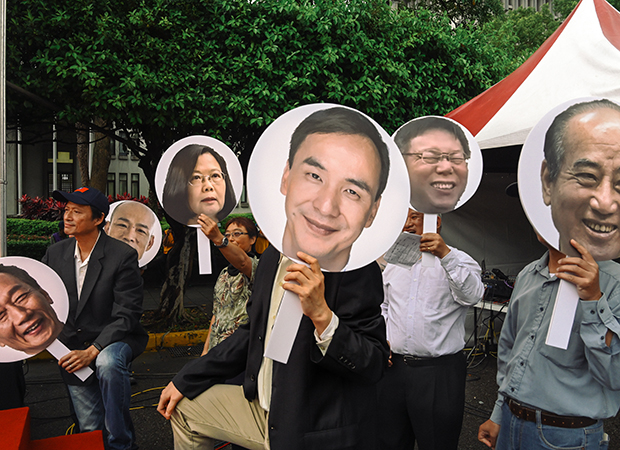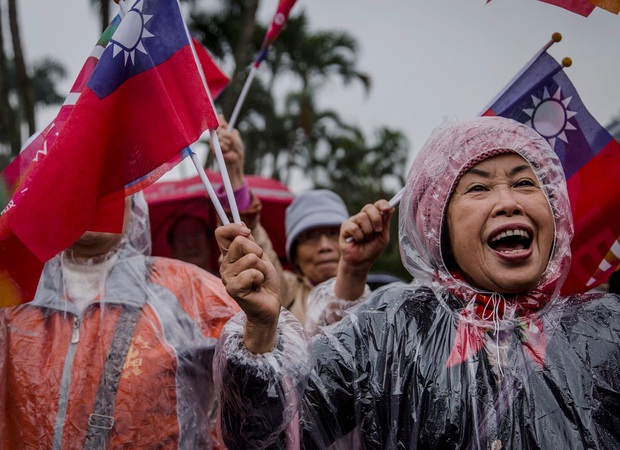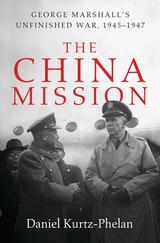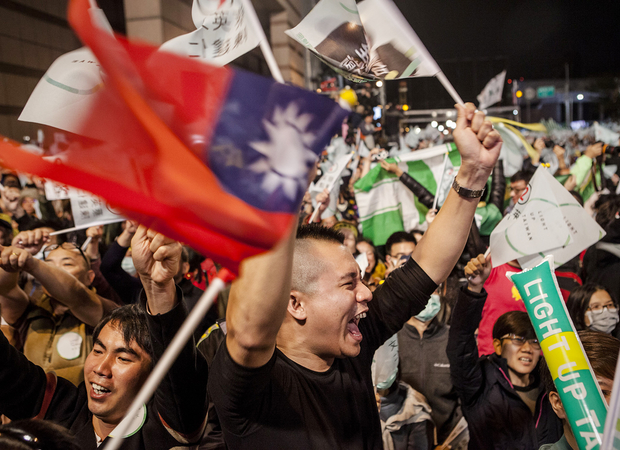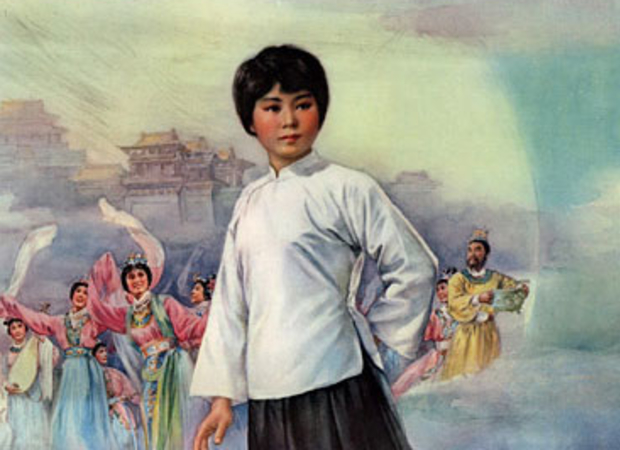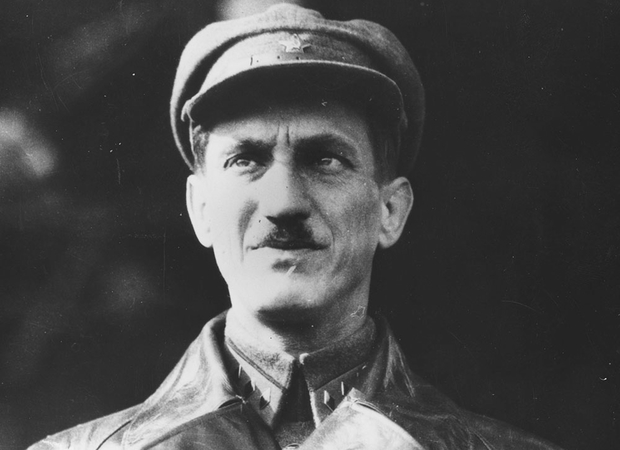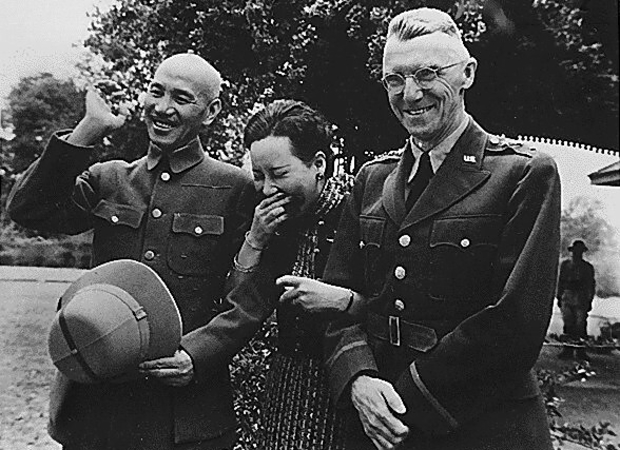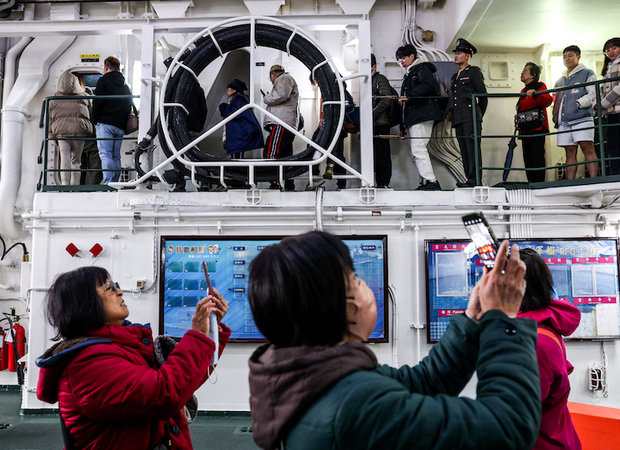
Former Chinese Enemies Increasingly Aligned on Taiwan
A conservative party pledging to return the country to a glorious imagined past. Massive budget cuts across government ministries. Concerns about foreign influence. An unprecedented challenge of governmental checks and balances as...




